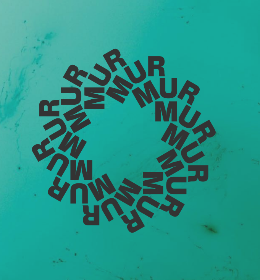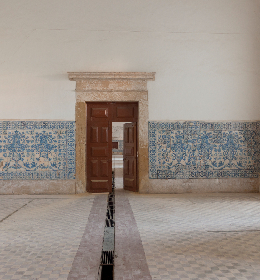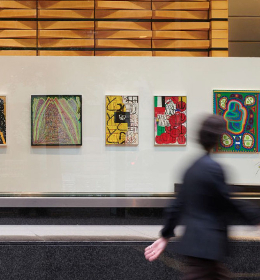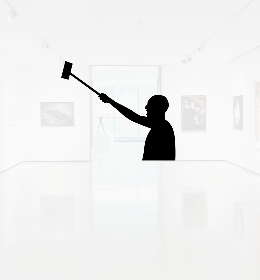Following the closure of Limoncello gallery, announced a couple of weeks ago by founder Rebecca May Marston, London galleries seem to be going through a rough patch.
East London will lose yet another gallery space with the closure of Vilma Gold gallery, set in Cambridge Heath, whilst Ibid Gallery is actively looking for a new location after having closed the doors of its Central London space. Both Rachel Williams, owner and director of the East London gallery, and Magnus Edensvard, who founded Ibid Gallery in 2004, lamented a change in the art world, where in recent years, a gallery’s physical has lost its prominence in the face of the increasing dominance of art fairs, where most of a gallery’s business is made.
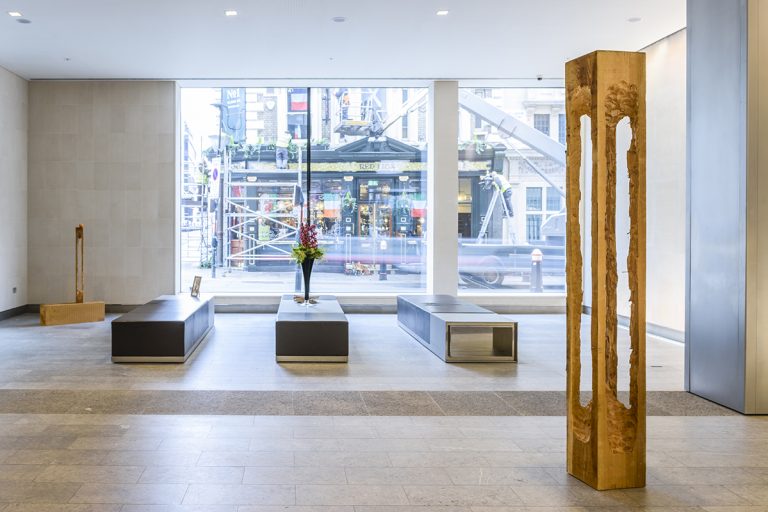
Installation view, David Adamo, Finsbury Circus House. Courtesy Ibid gallery.
Williams and Edensvard have expressed their frustration with the “traditional gallery model”, both having explicitly expressed their desire to find a “new model for collaboration” with artists. In the meantime, Vilma Gold’s office will continue to work on behalf of represented artists. As for Ibid, the gallery will continue to operate normally in Los Angeles. Edensvard’s latest London project consisted of a collaboration with HS Projects, presenting a site-specific installation by artist David Adamo in the lobby of the Finsbury Circus House.
With an increasing number of galleries opting out of traditional models, H A P P E N I N G has explored the issue of the “demise” of the gallery model: read more here.






